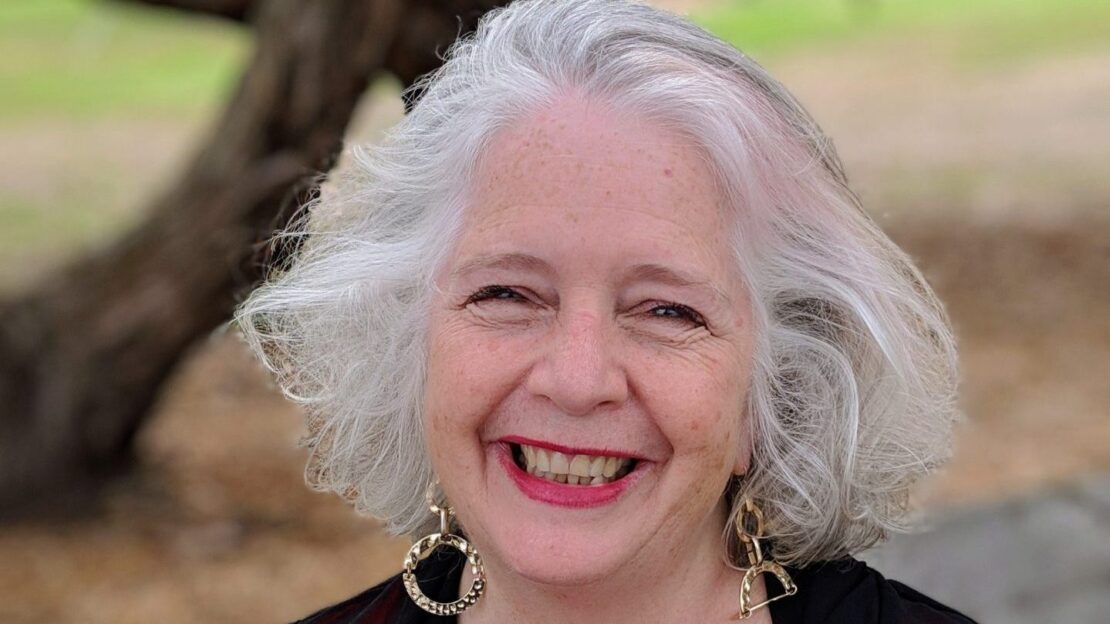This is the day the Lord has made; let us rejoice and be glad in it. Psalm 118: 24 NRSV
We rarely take notice of the ordinary day in its minutes and seconds and its invisible undergirding of the hours and weeks and years of our lives. Irish poet John O’ Donoghue writes that each day is a holy place where the Eucharist of the ordinary happens and we are betrothed to the unknown. Each day arrives as an unscripted page, a tabula rasa on which to write our lives. It unfurls from the dark cauldron of night through the misty promise of dawn to the fullness of its own integrity. It is a day like no other before or after it, unique and irreplaceable in time’s almanac. It is a present of the present and is coloured for us through circumstance and choice and chance.
It may be named a Wednesday or Sunday and there will be some part of it that is unalterable with the threads of duty or expectation already woven into it. But it will be the gold thread of joy or the silver thread of wonder added to the darn of the daily that will lift it beyond the prosaic. The ordinary will be shot through with the extraordinary.
In the Church’s calendar, it is now Ordinary Time again and these weeks will take us through to Advent. In this ordinary time, we hear the tick-tock of the cosmic clock, counting out the mornings, afternoons and evenings of all generations, making, as Shakespeare put it, time’s thievish progress to eternity. We spend most of our lives in ordinary time, with the occasional golden moment gleaming through the haze of the humdrum. With these special moments, our lives are balmed and uplifted, our souls set to singing. There is, as Ecclesiastes reminds us, a time for every matter under heaven.
Karol Wojtyla (Pope John Paul II) wrote in one of his early poems, “Her Amazement at her Only Child”,
I knew the light that lingered in ordinary things
Like a spark sheltered under the skin of our days
We must seek the spark that illuminates the ordinary, that bathes the everyday in joy, that gets under our skin so we inhabit our days fully and well. Especially in winter when the days can be gloomy, we need to be awake to what is small and lovely around us; that sunrise suddenly shot through with pink ribbons and purple veins and apocalyptic gold, a heavenly artistry.
During Melbourne’s winter reign, I am looking about me for the glint of a glimmer of a quickle of sunshine, as Walter de la Mare wrote. Just that hint of light behind the brooding trail of clouds is enough to lift my heart. It is the constancy of moon and stars and the lullaby lap of the ocean and the morning canticle of birds in trees. It is the reliable pleasure of reading a new book by a favourite author or spending time in the rabble-babble of big family gatherings when everyone is talking over each other because there is so much news to share. It is Mass on Sunday and a quiet word with God about the things that preoccupy us.
Recently, I have read To Kill a Mockingbird again with my students and for the first time I noticed the narrator Scout Finch talking about the routine contentment of her young life growing up in Alabama. What a lovely phrase – routine contentment. And so I think that is what I must look for in these later days of my life. Not the rollercoaster of emotional upheaval and heartache or the thrilling heights of accomplishment and recognition. Just the gentle dailiness of small joys strung together like pearls, pearls singled out in the grit and grind of the ordinary. I’m with Phillip Larkin who wrote that we spend too much of our lives with time torn off unused. As the days advance in that inevitable march towards the last day, I will watch that I do not waste the time that God has given me. This does not mean I will be an energiser bunny, but it does mean that I will place the time I have in good hands and with good causes.
Occasionally I pray about the day ahead with my students. I ask them to look upon it as a gift even though they still have to survive a Maths lesson or are worried about a French grammar test. I tell them this is their day to own, to make something of, to build on. I tell them that the days of their lives are happening right in front of them. I tell them that someday is not a day of the week, that someday will never come unless it is named. Like Mr Keating in the film Dead Poets’ Society I exhort them to carpe diem – seize the day!
Sometimes seizing the day requires an act of faith and it is not always possible in the extravagant gestures of adventure and change and world beating. It may just be the gentle recontouring of the average day, shaping it with kindness or laughter or sharing or a bit of frivolity or appreciating grandmotherly chrysanthemums on a kitchen table. It is finding a glimmer of grace in a compliment given or received, a chat between colleagues, noticing the lady bird on the leaf.
At home, the following is plastered above my rather crammed kitchen table, these unattributed words a reminder to do my best.
Did I win the day or lose it?
Was it well or poorly spent?
Did I leave a trail of kindness?
Or a scar of discontent?
At night, I relive my day. Sometimes I do this formally with an Examen and sometimes it is just a quick rewind as I breathe out in my grandmother’s chair. Sometimes, I am too tired to think things through and tumble into bed simply grateful for the small blessings of a warm bed and the benison of untroubled sleep.
Australian poet, Judith Wright, wrote in “Grace”,
Living is dailiness, a simple bread that is worth the eating…
Ordinary Time is the daily bread of our lives. Let us rejoice and be glad in the ordinary days and the time of our lives!
By Ann Rennie




Comments
Add Comment